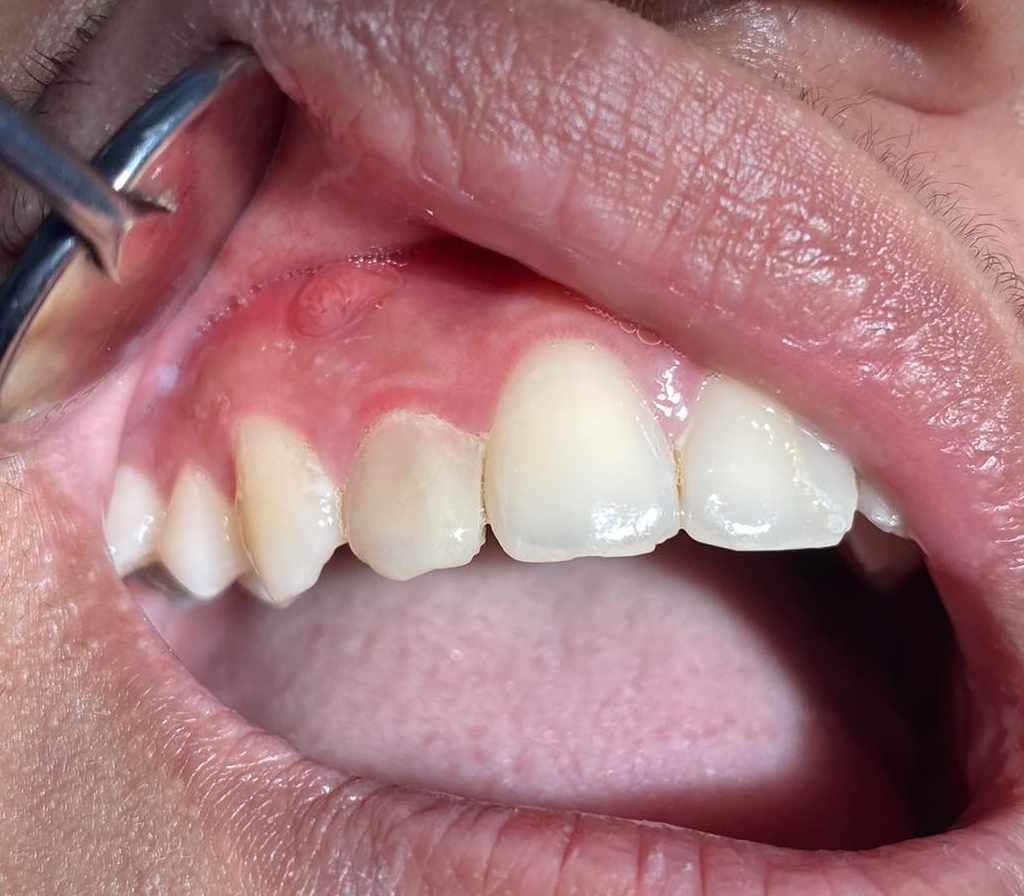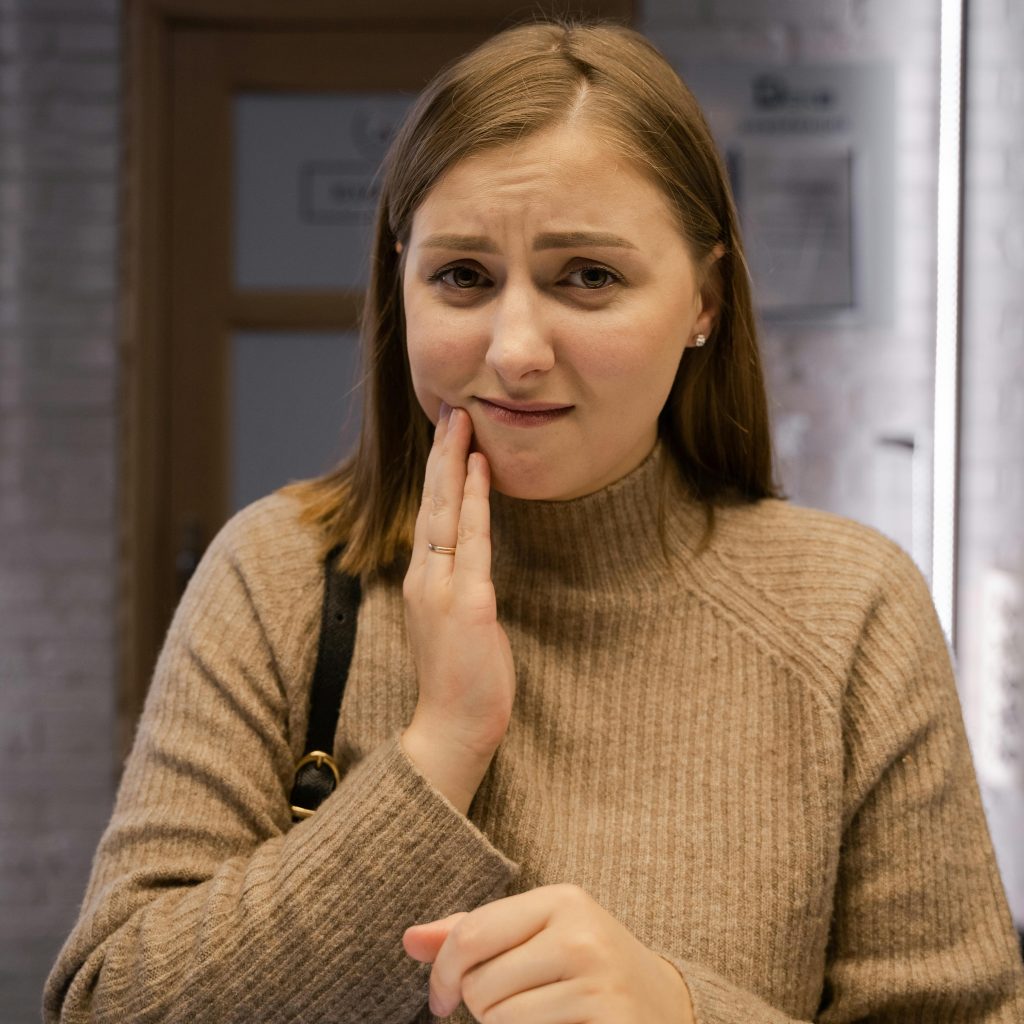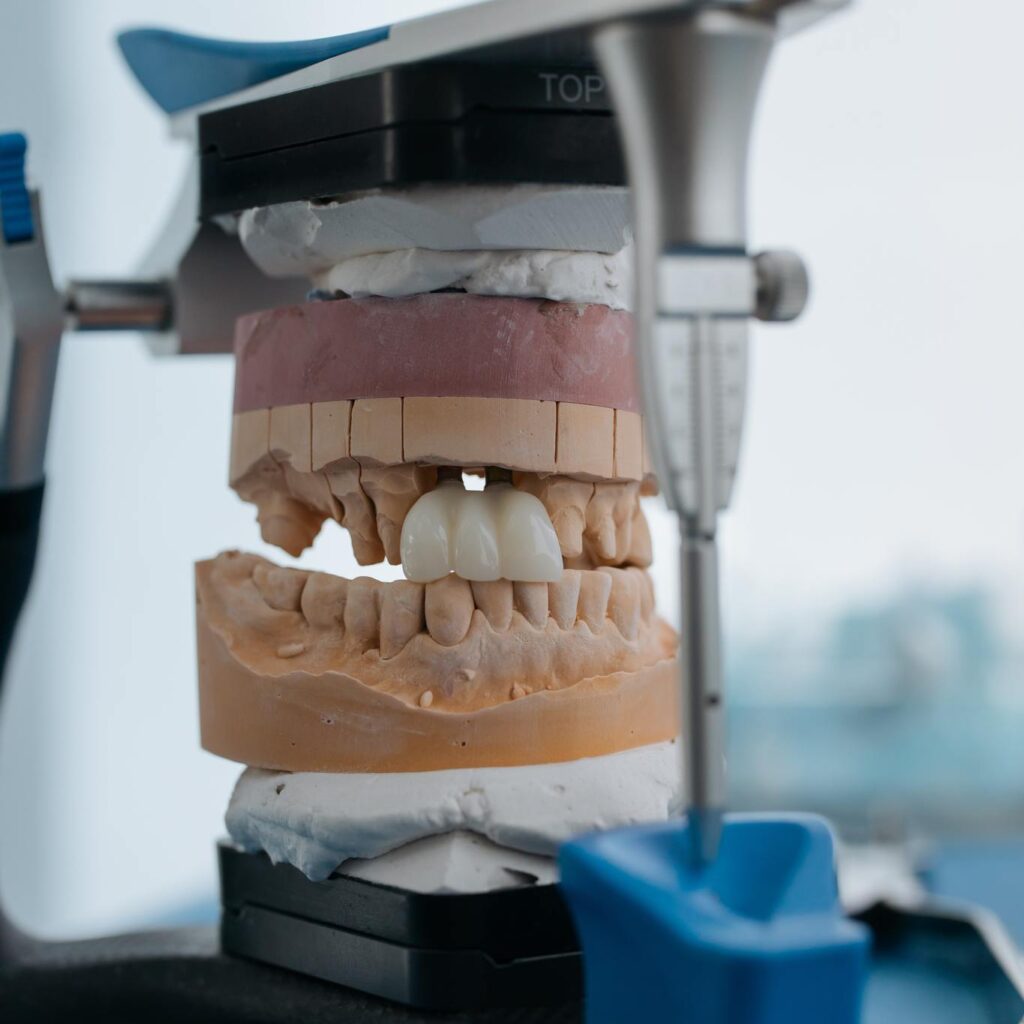I was told by a grade school friend way back then that bleeding gums is a good thing, especially after brushing or flossing your teeth, and that it means that you have thoroughly cleaned your mouth. But if I knew then what I know now as a dental student, I would have strongly disagreed.
Bleeding gums can mean inflammation, infection, and underlying disease that has to be fixed; hence it should be taken seriously.
If you have experienced or are still experiencing bleeding gums, we give you this article to let you know everything about it and what you should do to address this problem.
Bleeding gums causes
There is a long list of the probable causes why you have this condition, but here are the most common causes why you have bleeding gums:
Gingivitis

Your gingiva or gums might be inflamed, which is why with the slightest movement inside your mouth, you experience bleeding gums.
One of the tell-tale signs of inflammation inside your oral cavity, specifically with your gums, is if it is bleeding. Some gums appear bulbous compared to others, which is why you can’t tell if your gums is inflamed by merely looking at it; but if it bleeds, you have gingivitis.
Periodontitis

Periodontitis is another type of gum disease that can also be the cause of your bleeding gums. This disease is very similar to gingivitis, but the difference is that periodontitis is more severe that this type of inflammation in your gums has already caused a significant amount of bone loss around your teeth.
You might have periodontitis if you can already see that your gums have already moved down from the crown or you feel like some of your teeth are longer than others.
If you experience this, it is highly recommended that you visit a periodontist as soon as possible to address this situation.
Traumatic Toothbrushing
Although plaque, the main cause of periodontal diseases, is effectively removed by mechanical toothbrushing; forceful brushing and incorrect position of the toothbrush when you try to brush your teeth can also cause bleeding gums. This is why it is recommended to use soft-bristled toothbrushes and a light touch when you brush your teeth because anything from that can potentially hurt your gums.
If you exert too much force in brushing your teeth, there is a high chance that you will not only bruise your gums but you will also abrade the surfaces of your teeth.
Always remember that in brushing your teeth, you are not only cleaning your teeth but you are also cleaning a part of your body that is much softer and more sensitive than skin.
Traumatic Flossing
There are a lot of patients in the clinic that has speckless, insanely clean teeth, but claim that they still suffer from bleeding gums. The culprit? Too much force during flossing.
It’s a good thing that you have developed the habit of flossing your teeth at least once a day, but doing it properly and using the appropriate floss to clean the spaces in between your teeth would prevent your gums from bleeding due to flossing.
Foreign Objects
Your gums are very sensitive and thin, which is why the presence of foreign objects like tongue or lip piercings that gets in constant contact with your gingiva can irritate your gums and consequently make them bleed.
Toothpicks and other foreign objects that you use to remove any food debris stuck in between your teeth can also irritate your gums and make them bleed.
If your gums are bleeding and you suspect that it is because of your piercings or your frequent use of toothpicks, it is best to consult your dentist on the next best thing to do to fix this problem.
Broken orthodontic wire
If you have a protruding orthodontic wire and you have noticed that your gums started to bleed, this might be the reason why that happens. Anything that pokes your gums can cause them to bleed, and you have to go to your orthodontist to have this fixed
In cases where you are unable to go to your orthodontist anytime soon to change and adjust your orthodontic wire, you can purchase ortho wax online or at your nearby pharmacy, form it into a ball, and try to use it as a sleeve to prevent the tips of the wire from stabbing your gums.
Defective dental fillings
There are instances where dental fillings can be traumatic to your gums, especially if it goes deep into the gingiva or it is larger than the normal surfaces of your teeth.
These types of defective restorations have to be corrected by your dentist as soon as possible because aside from directly hurting your gums and causing them to bleed, these defective restorations will most definitely collect food debris and bacteria, and we know what happens to that next.
Pregnancy
One of the possible causes of bleeding gums is pregnancy. When you’re pregnant, the hormones in your body are also going crazy, and this alters your immune response.
To simply explain this phenomenon, your hormones are in charge of how your immune response deals with the bacteria that are present in your body, just like the ones in your mouth. Now, if your immune response is impaired, it will not be able to stop the multiplication of the bacteria in your mouth.
This will then lead to dysbiosis or the shift of microbial composition of the bacteria inside your oral cavity from one associated with levels of health to the microbial composition associated to disease.
Ill-fitting Dentures
Ill-fitting dentures can cause your gums to bleed because the friction between the metal or the acrylic portion of your dentures that gets into contact with the gums gets irritated. This applies in both cases of tight-fitting or loose dentures.
It is best to consult a prosthodontist to reline, rebase, or fabricate new dentures for your comfort, and to ensure that the health of your gums is not going to be sacrificed.
Medical-related issues
These are some of the medical-related issues that might be causing your gums to bleed:
- Scurvy
- Liver diseases
- Blood clotting disorders
- Anemia
- Thrombocytopenia
- Leukemia
- Diabetes
- Chronic Kidney Disease
Medications
According to Bondon-Guitton, et. al., here are some medications that could cause bleeding gums:
- Amiodarone
- Amoxicillin
- Enalapril
- Fluindione
- Furosemide
- Ketoprofen
- Paracetamol
- Paroxetine
- Ramipril
- Zolpidem
Bleeding gums treatment
The treatment for bleeding gums would largely depend on what is causing it, but the most usual treatment plan for this condition is scaling and polishing or dental cleaning.
You might have already heard the cliche, ‘brushing alone isn’t enough’, and that is a fact. Proper toothbrushing or self-performed removal of plaque (the main cause of gum diseases) only removes around 43% of plaque inside your oral cavity, so you still have to have your teeth regularly checked and cleaned by your dentist.
Can bleeding gums heal on their own?
Bleeding gums can heal on its own if the reason why it is bleeding is because of trauma. The gingiva will eventually heal and reconstruct a new layer of epithelium after approximately 2 weeks, so the bleeding will resolve on its own.
However, if your bleeding gums is caused by underlying gingival diseases such as gingivitis or periodontitis, you should definitely consult a dentist.
Tooth Be Told
All of us might have already experienced the metallic taste of the blood from our gums, and we can all agree that it is not nice at all. It’s a good thing that you are doing your own research on why your gums bleed, but it is still highly recommended that:
If the symptoms persist, consult your Dentist!





[…] Help Me, Doctor: Bleeding Gums! […]
You got a very excellent website, Gladiola I discovered it through yahoo.
[…] it works: Swishing of oil can remove plaque that causes […]